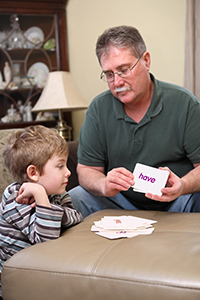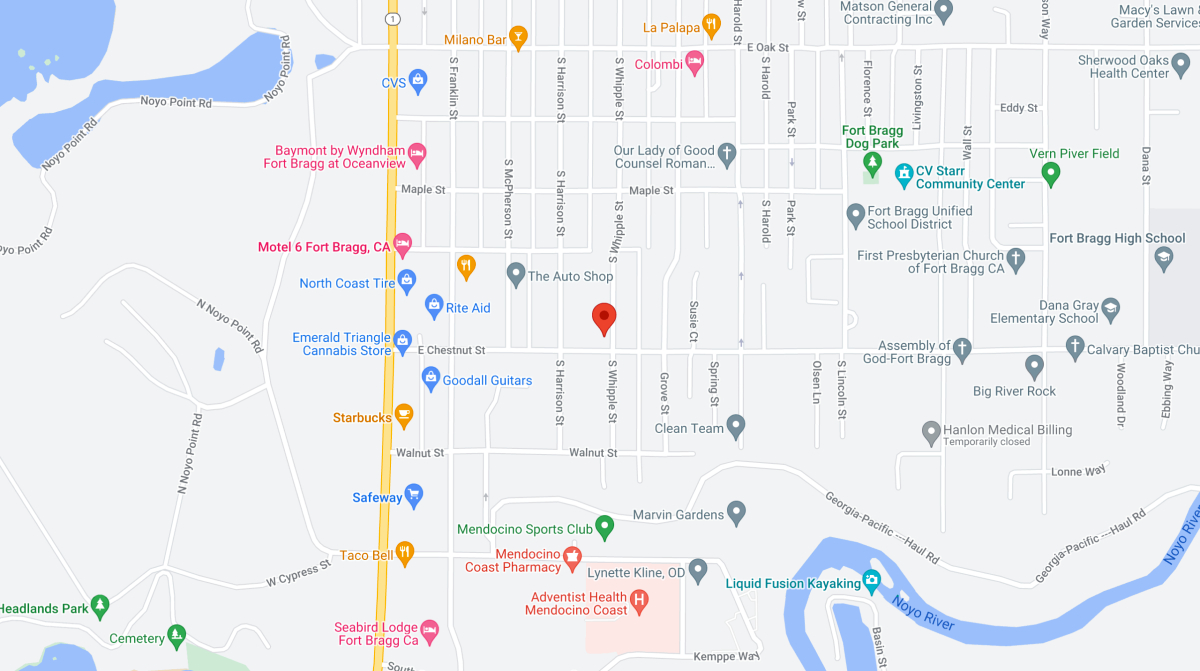 We’ve all heard young children speak “baby talk.” Sometimes it can sound endearing—or it may be a speech defect.
We’ve all heard young children speak “baby talk.” Sometimes it can sound endearing—or it may be a speech defect.
In early infancy, babies begin to make vowel sounds, usually mastered by age three. Consonant sounds are more difficult and come a little later on. By the eighth birthday, most children can pronounce all consonants and are 100% intelligible. But some children have more difficulty with speech and may need help learning.
Lisping—The most common speech defect is lisping, which is relatively easy to correct. Children who lisp cannot produce “s,” “z,” “sh,” “ch,” and “j” sounds.
A lisp is heard when children cut off an “s” with the tongue instead of the front teeth. Prolonged thumb sucking or finger sucking can create an open bite and result in a lisp. Other causes are the loss of a primary tooth, impaired hearing, undeveloped ability to discriminate sounds, imitation of a relative or friend who lisps, or neurological disturbances.
Cleft palate—A cleft palate can dramatically affect a child’s speech and often requires oral surgery. Sometimes an orthodontist provides a plastic plate to cover the opening in the roof of the mouth—this allows the child to develop normal speech patterns until surgery can correct the palate.
Tongue thrusting—Tongue thrusting is another problem that can impair speech. This is essentially “reverse swallowing,” and can cause improper tooth alignment. It may result from prolonged thumb sucking, which leaves a gap between the teeth and fosters the habit.
As a dentist, we may be the first to notice a speech problem, and we often work with a team including a speech pathologist, orthodontist, and oral surgeon, to correct such problems. We’ll let you know if we think anything is amiss with your child’s developing speech patterns.


